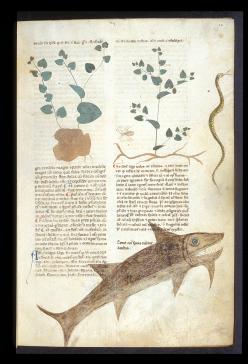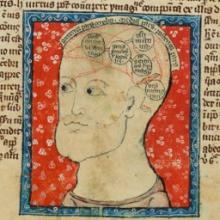Scientific experience underlies the unquestioned methods of observation and experimentation in all sciences of the living world today. Before the early modern era, logic and deductive methodology were assumed to hold this place—experience was, at best, believed to be a matter of the margins. Yet the category of experience among the historical actors reveals a different history.
In the Latin world of the sciences of soul and body, experience followed not the laws of nature, but the laws of the human mind. Construed by means of qualitative categories, such as touch, taste, smell, sound, and color, perceived as proper objects of the senses, experience was a phenomenon implicitly shared by all humans. Key proponents of the disciplines of zoology, botany, and scholarly medicine from the thirteenth to the sixteenth centuries, such as Albert the Great, Arnald of Vilanova, Dino del Garbo, and Konrad Gessner, to name just a few, entertained developing ideals of the human soul which, in turn, shaped and dominated the epistemic roles of experience in these sciences.
This project rewrites existing premodern histories of experience in the premodern Latin world by reconceptualizing the shifting epistemic values and procedural ideals that rendered experience constitutive of scientific knowledge in these sciences. It provides a detailed reconstruction of the nature of this scientific experience in all three disciplines, building its narrative on actors’ phenomenologies, for instance on the heterogeneity of the experiential data, the epistemic and conventional presuppositions of what counted as experiential knowledge. This history of premodern experience combines the perspectives of the history of science, medicine, and philosophy with those of social and cultural history.


